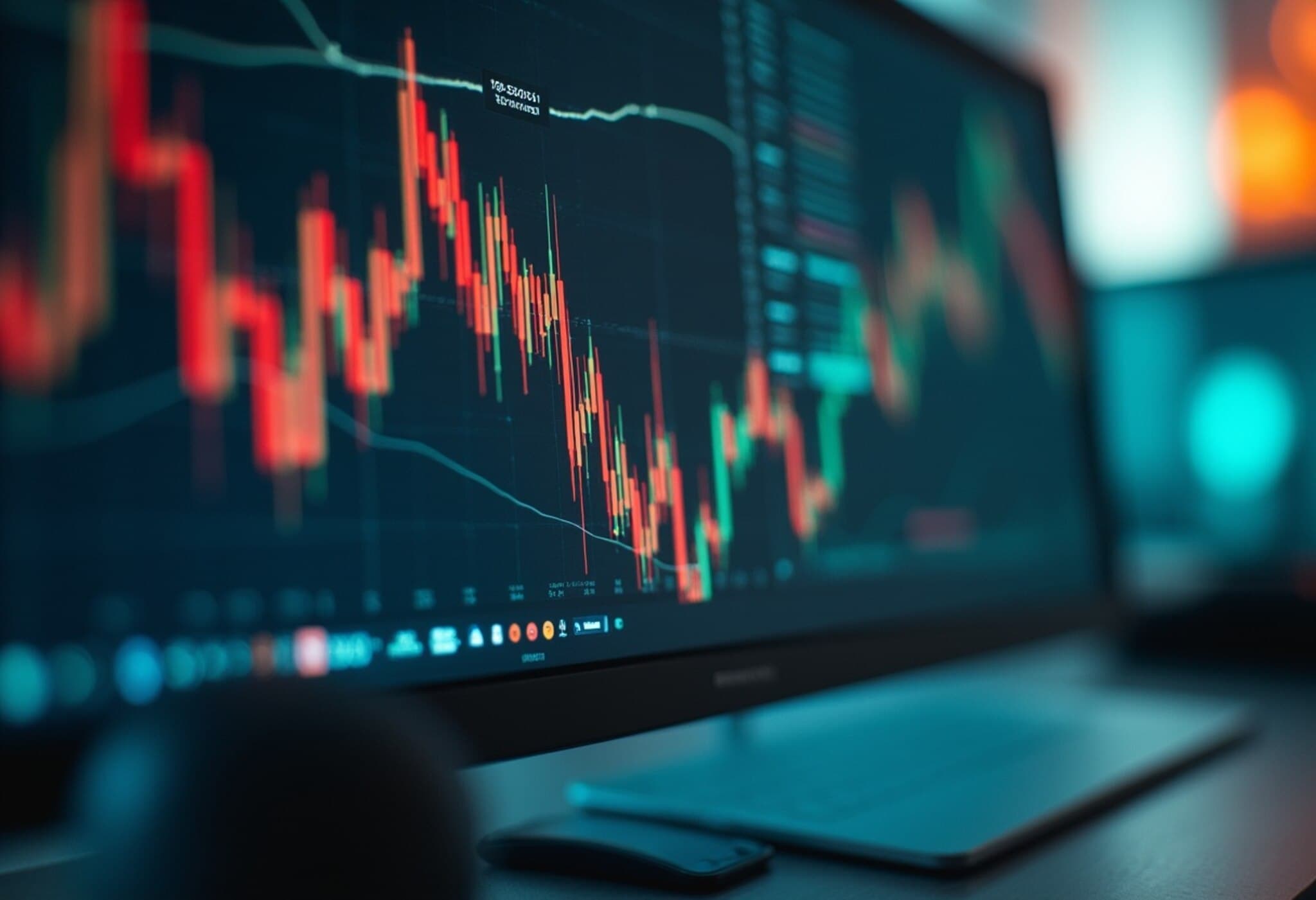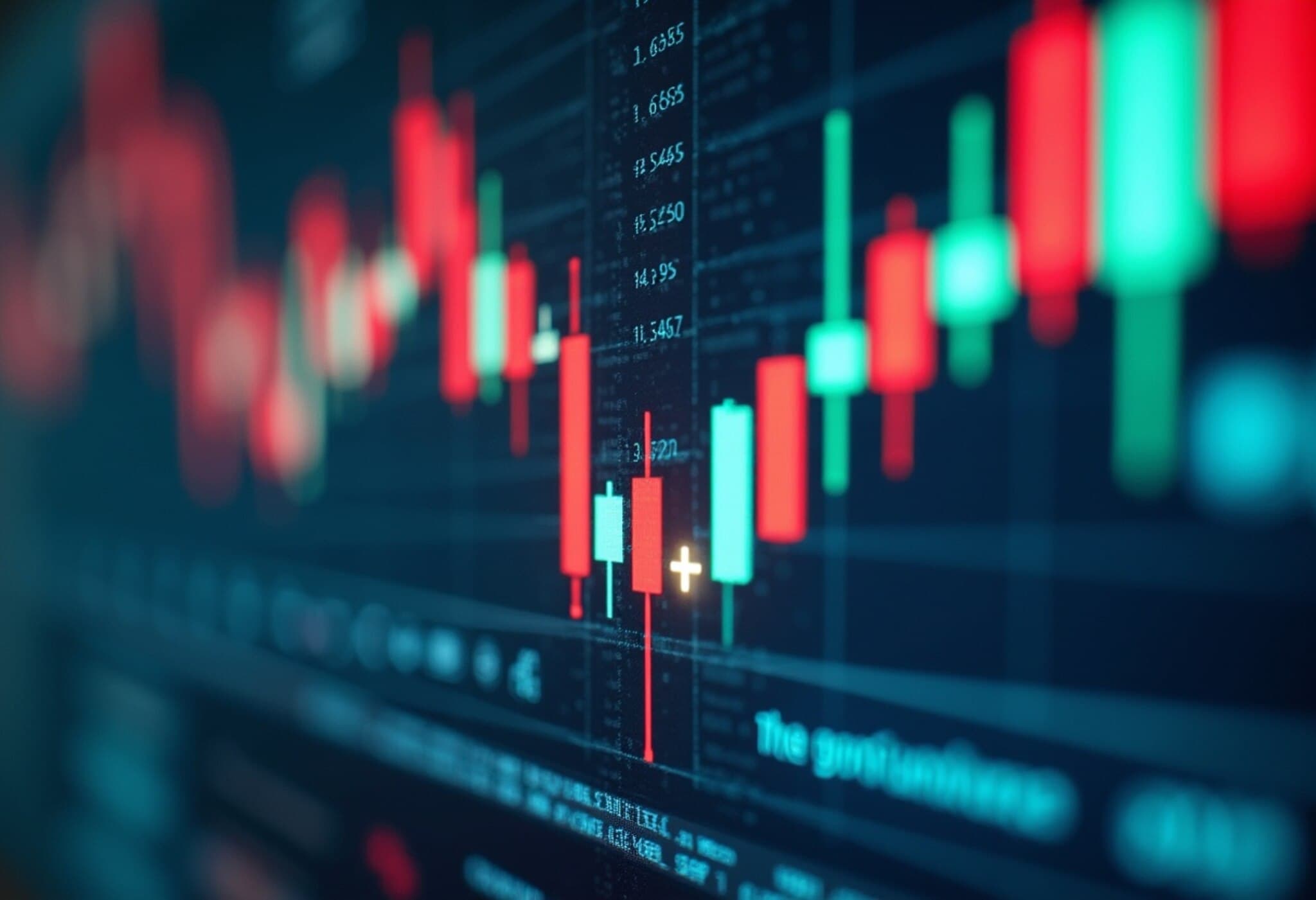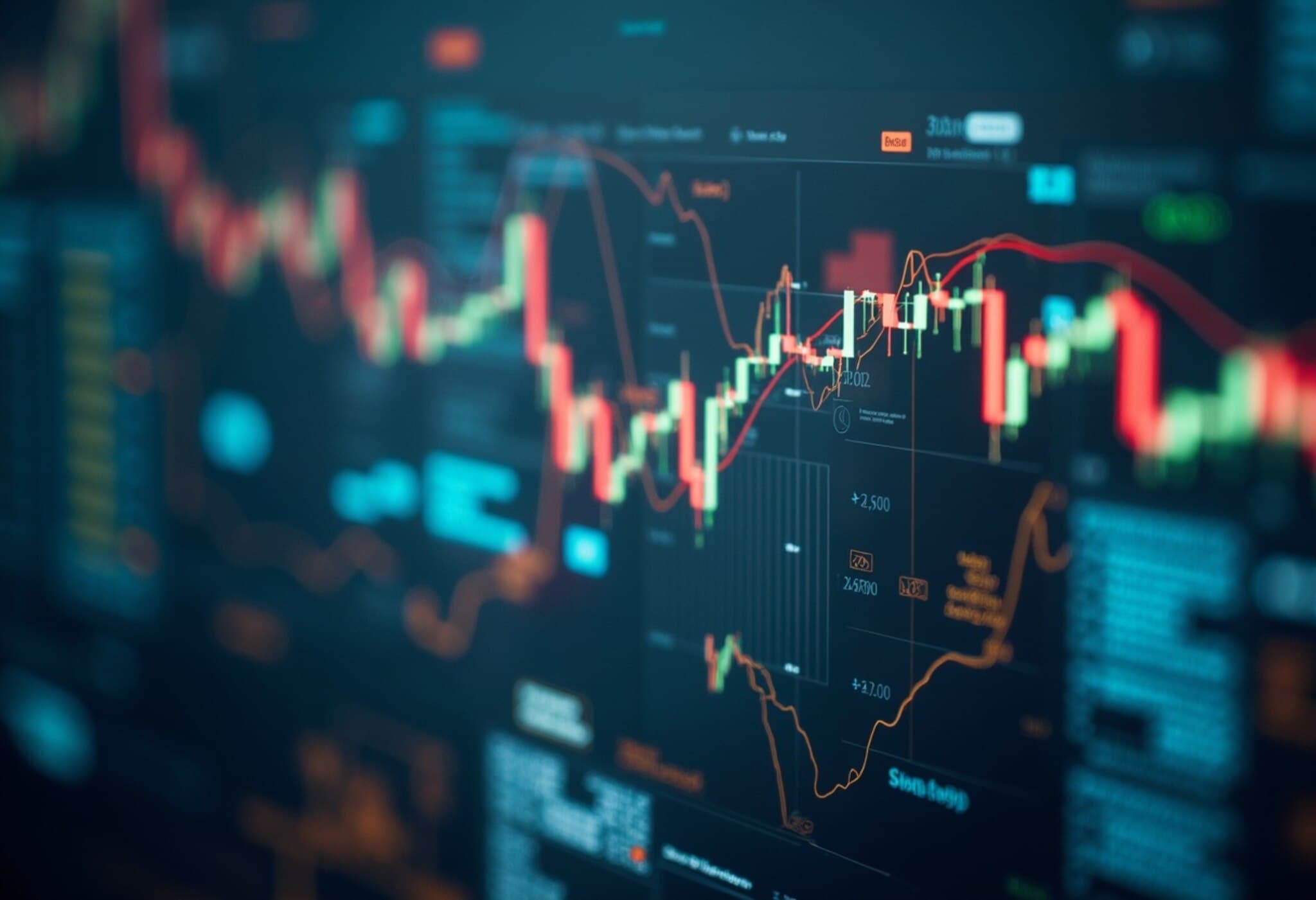What Investors Must Know Before the Stock Market Opens This Friday
As Wall Street prepares to open this Friday, investors are navigating a complex mix of economic data, policy shifts, corporate earnings, and evolving technology trends. Here are five key developments shaping the market landscape today, each carrying implications for traders, policymakers, and everyday Americans alike.
1. Tensions Rise as New Tariffs Take Effect
Stock futures dipped Friday morning amid uncertainty surrounding the latest round of U.S. tariffs signed off by former President Trump. The newly implemented "reciprocal" tariffs impose duties ranging from 10% to 41% on imports from dozens of countries. While Trump indicated he remains open to negotiation, he warned that it may be "too late" for certain nations to avoid the tariffs due to kick in next week.
This move reignites concerns about escalating trade tensions impacting global supply chains and consumer prices, reminding investors of the persistent geopolitical risks that continue to shadow economic recovery efforts.
2. July Jobs Report Expected to Signal Slowdown
The July nonfarm payrolls report, due at 8:30 a.m. ET, is expected to show a significant deceleration in hiring, with forecasts pegging job additions at just 100,000. This marks the smallest monthly gain since October 2024 and follows an average of 130,000 monthly hires during the first half of the year.
Labor market softness may reflect tightening corporate budgets amid economic uncertainties. However, Federal Reserve officials have indicated that a modest slowdown wouldn’t necessarily alter their current monetary policy stance following their recent rate decisions. The broader question looming is how sustained low payroll growth might affect consumer spending and inflation going forward.
3. The Emergence of Meaningful AI-Human Bonds
Beyond numbers and tariffs, one of the most intriguing societal shifts is the deepening relationship between people and artificial intelligence. From romantic connections to genuine friendships, AI companions are stepping out of science fiction and into American living rooms. CNBC's investigative reporting highlights individuals forming strong emotional bonds with AI bots, raising profound ethical, psychological, and safety considerations.
This trend intersects with America’s evolving struggles with loneliness and social isolation, posing essential questions about mental health, technology’s role in human connection, and the need for thoughtful regulation as AI further integrates into daily life.
4. Big Tech Earnings Spotlight Inflation and Consumer Behavior
Investors are also keenly digesting recent Big Tech earnings reports that reveal both resilience and caution. Apple surpassing expectations with its strongest profit performance since late 2021 underscores ongoing consumer demand, partly fueled by advance purchases ahead of tariffs, according to CEO Tim Cook.
Meanwhile, Microsoft’s earnings, despite beating prior quarter estimates, prompted market unease due to a conservative outlook for the upcoming quarter. These mixed signals from tech giants reflect a balancing act between strong cash flow generation and cautious future guidance amid economic headwinds.
5. Southwest Airlines Joins Seat Assignment Market—But at What Cost?
In a noteworthy shift for the airline industry, Southwest Airlines began selling assigned seats on flights starting late January 2026. Unlike fixed pricing seen elsewhere, costs will vary by route, demand, and seat location—potentially adding substantial expenses for travelers, especially families.
While this marks an adjustment to Southwest’s traditionally customer-friendly free seating model, airline executives see this as a necessary step to boost revenues in a fiercely competitive market. This development serves as a microcosm of broader inflationary pressures pushing companies to rethink pricing strategies and consumer expectations.
Expert Insights: Why These Developments Matter
- Trade Policy’s Ripple Effect: Tariffs continue to complicate an already fragile global recovery, affecting everything from manufacturing costs to consumer wallets.
- Labor Market Dynamics: Slower job growth may temper wage pressures—but also signal cautious corporate sentiment, with broader policy ramifications.
- AI and Social Fabric: The rise of AI companionship spotlights essential discussions about loneliness, technology ethics, and mental health infrastructure that policymakers often overlook.
- Corporate Earnings as Economic Barometers: Tech giants’ cautious forecasts remind investors that uncertainty abounds, even among innovation leaders.
- Consumer Experience and Inflation: Changes like paid seat assignments reveal the tangible ways inflation impacts everyday spending beyond headline inflation rates.
Editor’s Note
This Friday’s market open is more than just a numbers game—it reflects a tapestry of geopolitical strategy, economic uncertainty, technological evolution, corporate adaptation, and consumer behavior shifts. As investors and policy watchers parse these signals, we encourage readers to consider the broader human and societal impacts behind the market moves. What does a slowdown in hiring mean for working families? How will AI redefine companionship and mental health challenges? And how are everyday cost pressures, like airline fees, reshaping American households’ financial decisions?
In a world increasingly defined by rapid change and complexity, staying informed means going beyond the surface. Through such nuanced understanding, we can better navigate the evolving economic landscape and its profound implications.



















